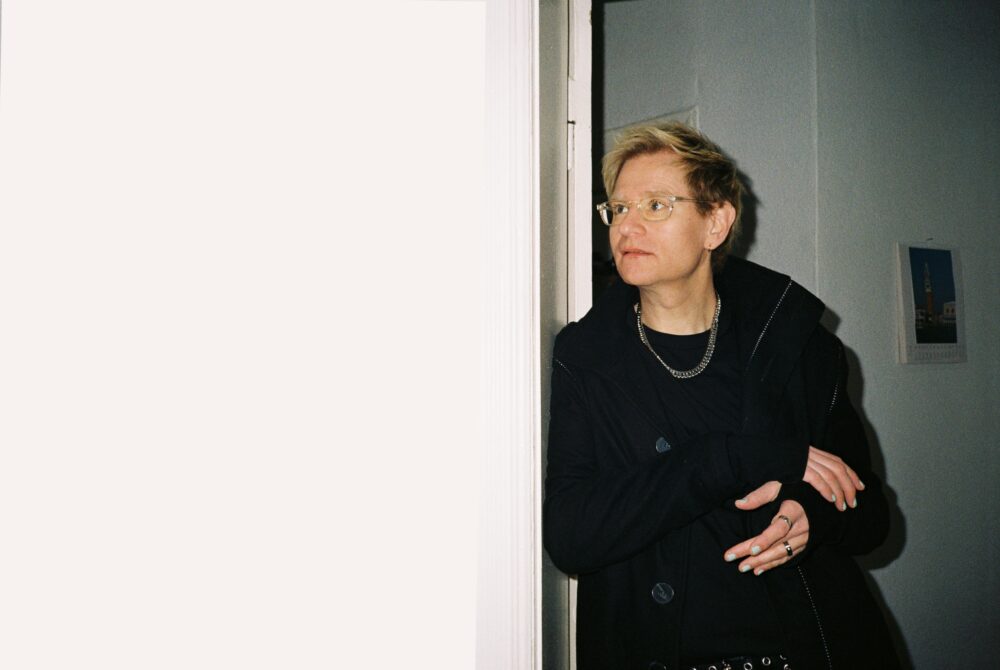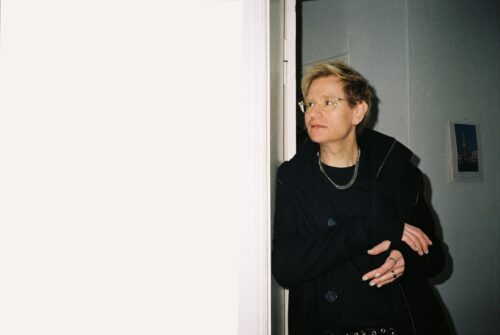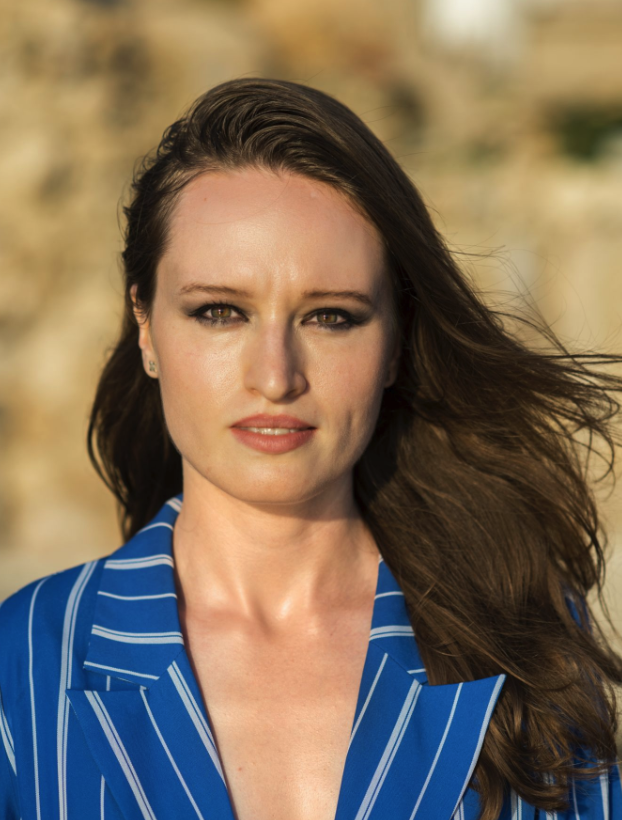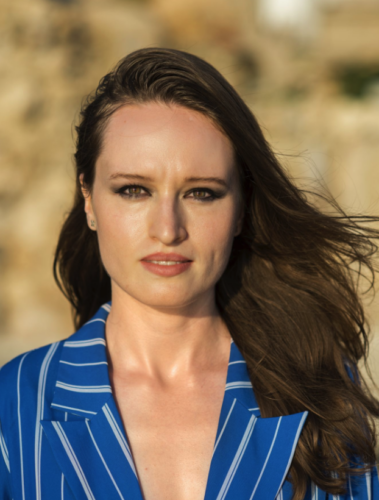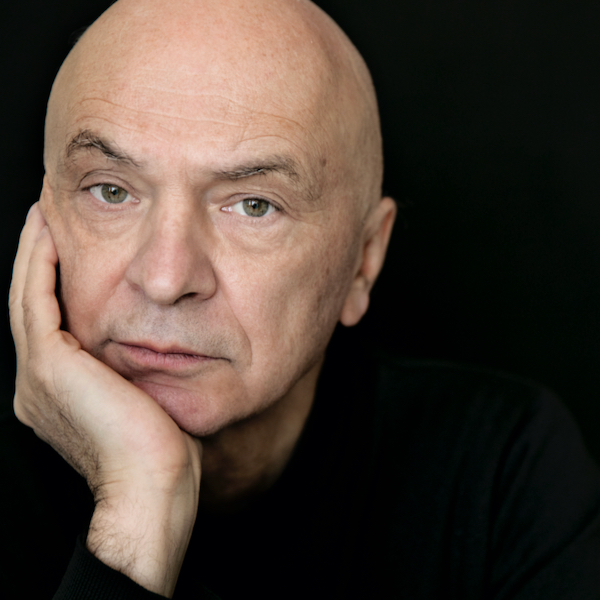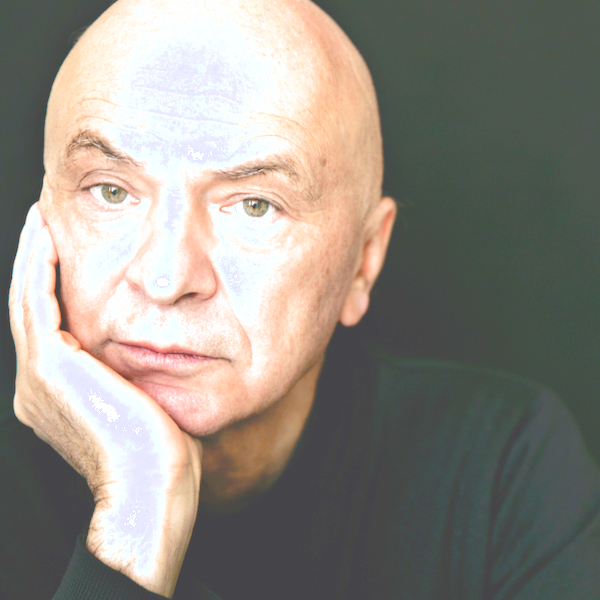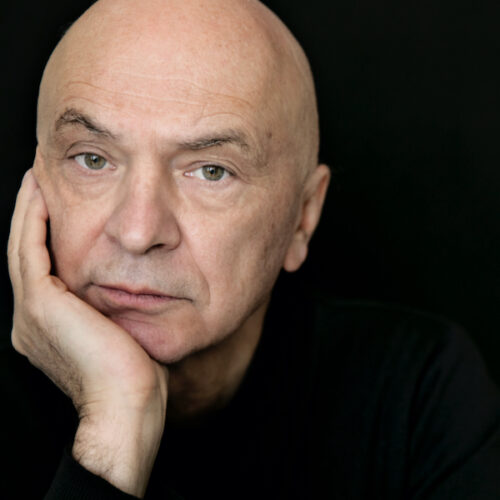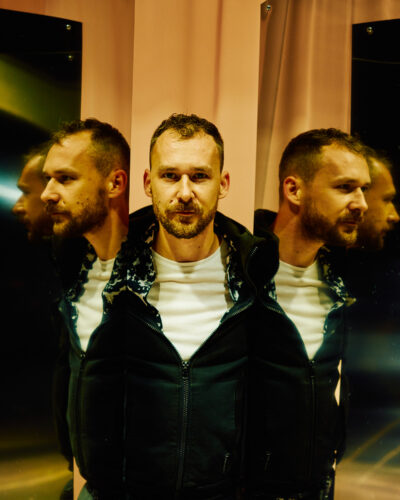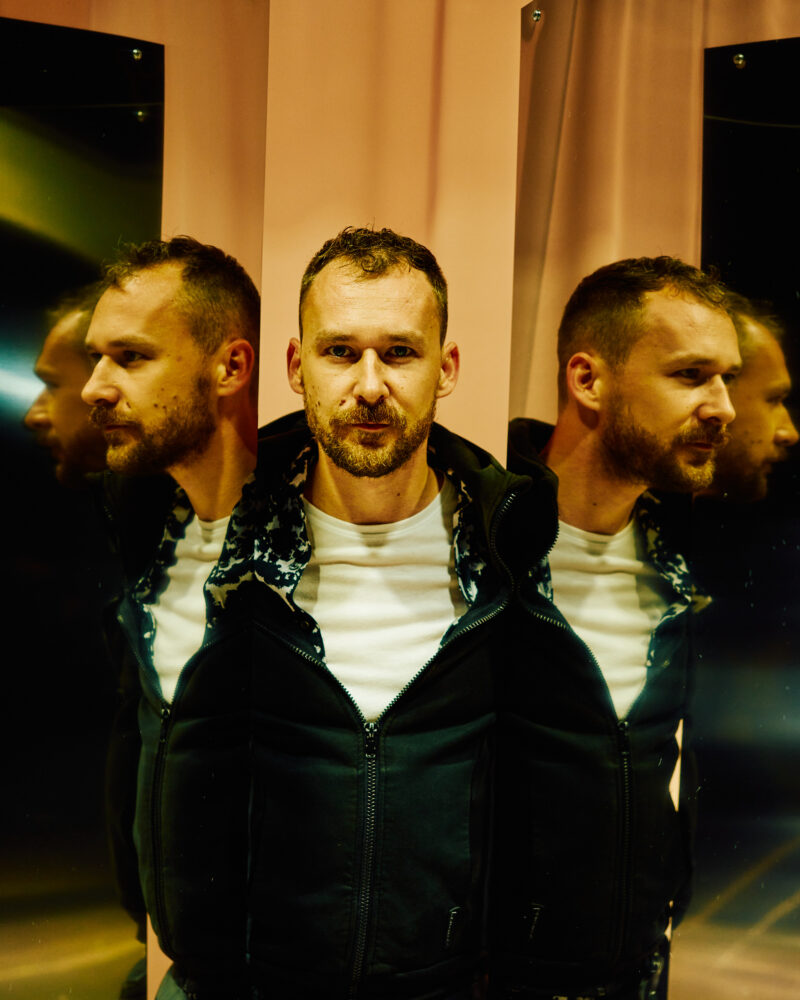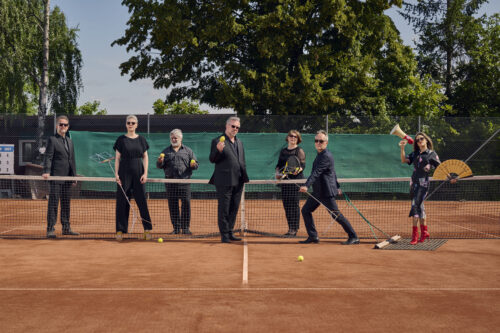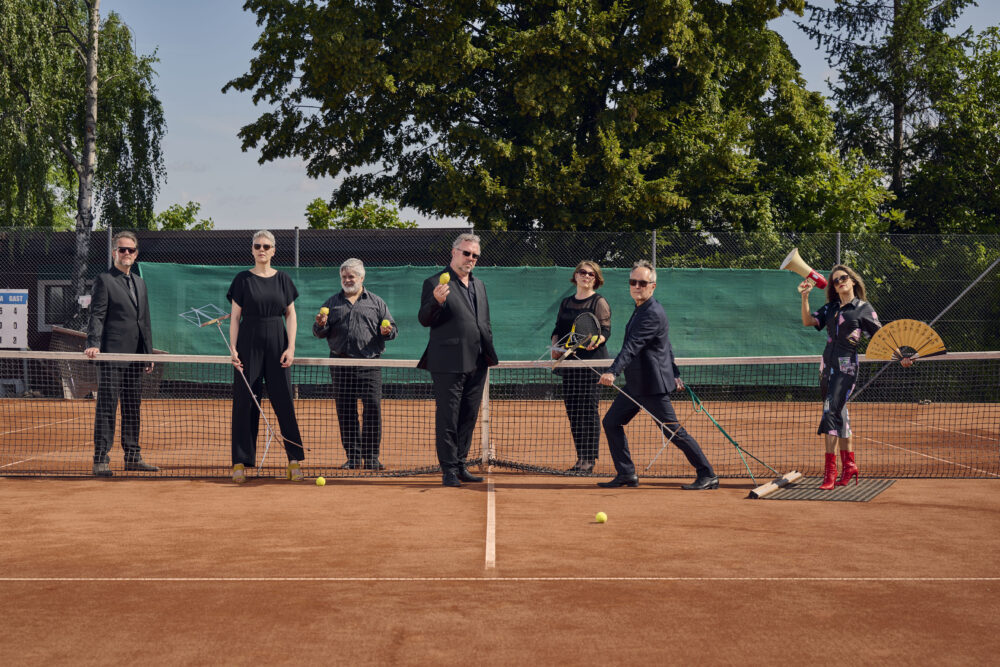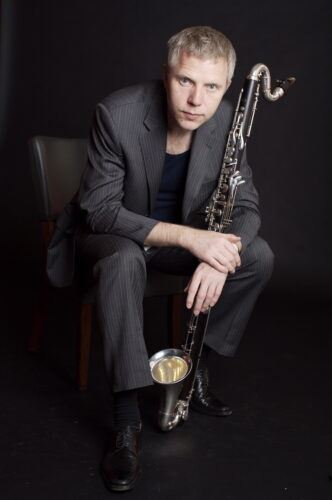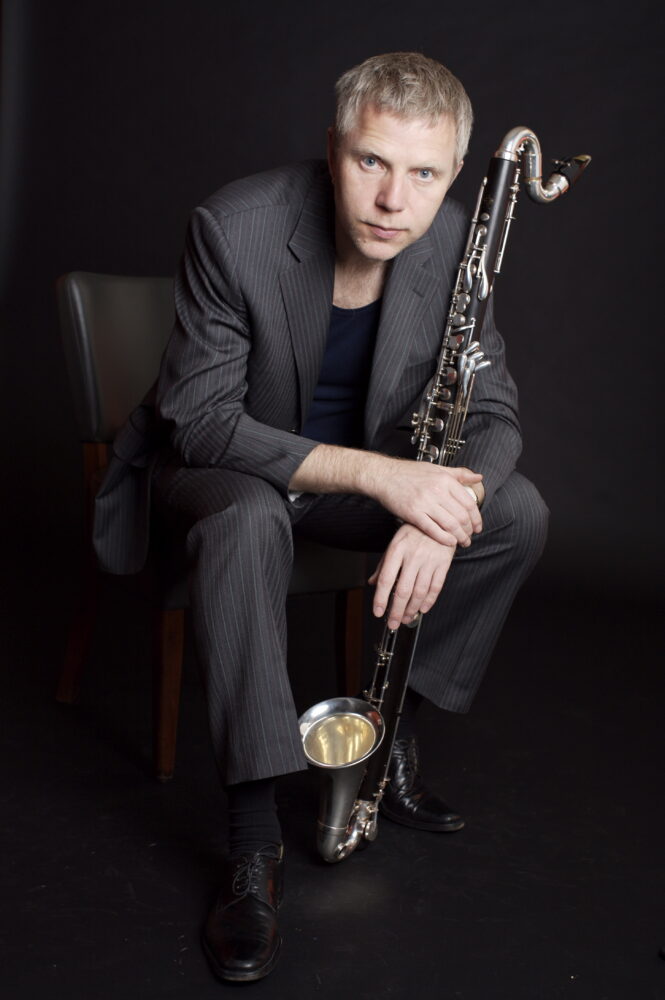Luxa Mart*in Schüttler: Diskreter Wolf
Diskreter Wolf is a musical appropriation. The work is based on a composition by Hugo Wolf from 1881. The third stanza of his choral work Resignation from the Sechs geistlichen Lieder is heard in Diskreter Wolf, extremely slowed down and fragmented. Chord by chord, the original Wolf is discretely (in the mathematical sense) sampled, microtonally bent, and enriched with artificial vocal sounds. It is essentially the vocal imitation of an electronic sound synthesis. On top of this, digital artifacts are superimposed, presenting further layers of artificiality visually and sonically in contrast to the historical source material. Despite these technical methods, Hugo Wolf’s late-Romantic musical language resonates throughout the piece. The associated bourgeois longing for beauty and redemption contrasts with the comfort suggested by Eichendorff through (collective) suicide. The compositional interventions heighten this hauntingly dystopian effect and create a sort of post-human soundscape.
(Luxa Mart*in Schüttler)
Text
Come, thou, world’s comfort, silent night,
How softly do thy feet alight!
The gentle air is sleeping.
A sailor home from travels long,
Sings to the sea his even song
In God’s protected harbor.
Like fleeting clouds the years have gone
And I am left here all alone,
Bereft of all devotion.
And then thou comest wondrously.
As I am sitting wearily,
My eyes turned to the ocean.
O thou true comfort, silent night.
How dearly welcome is thy sight,
As lonely thoughts befall me.
O grant me rest from love and scorn,
Until th’eternal rosy dawn.
Will o’er the treetops call me.
Joseph von Eichendorff, Der Einsiedler (1837)
